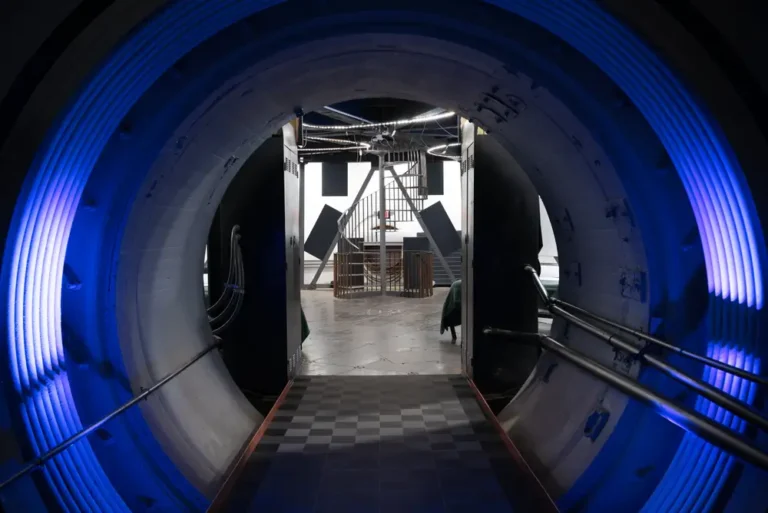AI startups struggle to not become OpenAI’s ‘roadkill:’ ‘When you step on the court with Jordan, you don’t try to beat him at his game’

- Investors and founders gathered in San Francisco this week for the second Cerebral Valley AI Summit.
- Though OpenAI wasn’t in attendance, the maker of popular chatbot ChatGPT loomed over nearly every conversation.
- As money pours into generative AI, startups are searching for ways to chart their own paths.
The 2nd Cerebral Valley AI Summit, co-hosted by independent journalist Eric Newcomer and AI gaming startup Volley, drew over 300 AI founders and investors earlier this week in San Francisco’s Hayes Valley neighborhood.
Despite being less than two miles from OpenAI’s flashy new headquarters, the company that launched ChatGPT last year and put generative AI on the map was not represented at the conference. Even so, OpenAI was mentioned in nearly every conversation, whether on stage or off.
“The game right now is just trying to find something that OpenAI won’t build,” said Alex Pall, founder of Mantis Venture Capital and member of The Chainsmokers.
OpenAI announced a slew of new updates at its first developer day earlier this month, including a more powerful foundational model, a new, lower-cost pricing structure, and expanded tools for creating custom chat bots. Some have referred to it as a “extinction event for other AI startups.” As a result, many founders in the space are scrambling to explain how they differ from OpenAI.
“Everyone is looking for their niche vertical now that OpenAI has said they’re going to do everything,” said Andrew Hoh, co-founder of AI tooling company LastMileAI.
In an interview with Newcomer, veteran investor Reid Hoffman stated that companies must have a vision that is independent of OpenAI or any other tech giant.
“If what your sort of plan was, I’m going to be a thin wrapper on top of a company’s API, that’s a dangerous place,” Hoffman told the audience.
During his talk, fellow investor Vinod Khosla put it bluntly: “The question for all of you is which startups become roadkill,” he said. Khosla was an early investor in OpenAI, contributing $50 million in 2019.
Jason Warner, who led the development of GitHub’s AI code-writing bot Copilot and is now CEO of AI startup Poolside, claims that OpenAI’s $10 billion investment from Microsoft has given the company access to many critical resources, such as high-end graphics chips and scarce AI talent.
“OpenAI can bully everyone; it can bully talent, it can bully competition, and it can bully term sheets.” “I don’t mean that negatively; if you have a war chest, why wouldn’t you use it?” Warner said.
He claims it has been difficult to hire top-tier AI research talent because his company cannot afford to pay what OpenAI or Anthropic can. He’s had at least four potential candidates flatly decline him, and he claims his team conducted over 400 interviews in order to hire ten employees.
Even so, he is not disheartened. Poolside, he claims, is “zigging where they are zagging.” This strategy entails relocating the company’s headquarters to Paris, which Warner claims has an untapped pool of high-quality AI talent, as well as pursuing use cases and customers in which OpenAI is less well-positioned.
“You don’t try to beat Jordan at his game when you step on the court with him.” “We’re in a different game,” he explained.
During his panel, Warner was asked about those who used social network X, formerly Twitter, to declare the demise of fledgling AI startups. He had a defiant response.
“Honestly, that Twitter stuff, that’s for VCs, because who the fuck cares what they say anyway?” he quipped.




